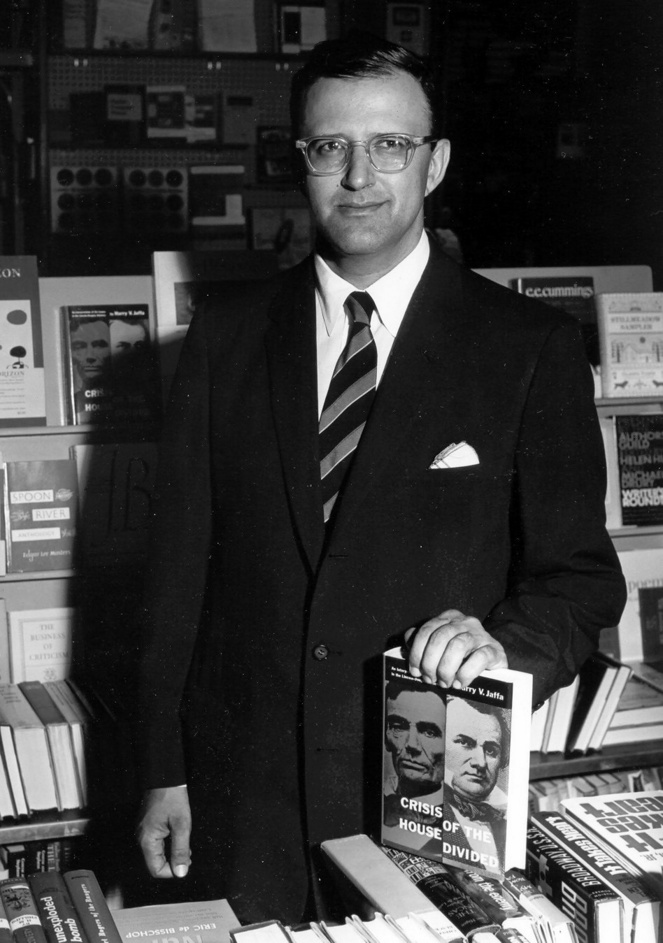2000s, The Real Abraham Lincoln: A Debate (2002), Q&A
Harry V. Jaffa: Frasi in inglese
2000s, The Real Abraham Lincoln: A Debate (2002), Rebuttal
Origine: 2000s, A New Birth of Freedom: Abraham Lincoln and the Coming of the Civil War (2000), p. 526
1990s, Defending the Cause of Human Freedom (1994)
2000s, The Central Idea (2006)
2000s, Bush's Lincolnian Challenge (2002)
2000s, Bush's Lincolnian Challenge (2002)
2000s, Thoughts on Lincoln's Birthday (2001)
2000s, The Real Abraham Lincoln: A Debate (2002), Rebuttal
2010s, Interview with Eric Benson (2012)
2010s, Interview with Eric Benson (2012)
2000s, The Central Idea (2006)
2000s, The Real Abraham Lincoln: A Debate (2002), Q&A
Origine: 2000s, A New Birth of Freedom: Abraham Lincoln and the Coming of the Civil War (2000), p. 164
2000s, The Real Abraham Lincoln: A Debate (2002), The South was a Closed Society
2000s, The Real Abraham Lincoln: A Debate (2002), Rebuttal
2000s, The Central Idea (2006)
2000s, God Bless America (2008), Slavery and the Human Story
“The 14th Amendment was intended to drive a stake through the heart of Dred Scott.”
The heart of that opinion consisted in the assertion that Negroes were so far inferior that they had no rights which white men were bound to respect. This meant that as far as the Constitution was concerned, the distance between whites and blacks was no less than the distance between whites and any other inferior species. A white man had the same right to rule a Negro as he had to rule dog or a horse. Hence according to Taney blacks were not and could not have been included in the proposition "that all men are created equal." Whether or not they were intended to be so included was among the questions most fiercely debated by Lincoln and Douglas.
2000s, The Logic of the Colorblind Constitution (2004)
We would not have been the bastion of freedom we have been in the twentieth century.
2000s, The Real Abraham Lincoln: A Debate (2002), Q&A
Remember, the supremacy clause in Article VI of the Constitution says that this Constitution, and the laws and treaties made in pursuance thereof, are the supreme law of land—anything in any law or a constitution of any state to the contrary not withstanding.
2000s, The Real Abraham Lincoln: A Debate (2002), The Lincoln-Douglas Debates
